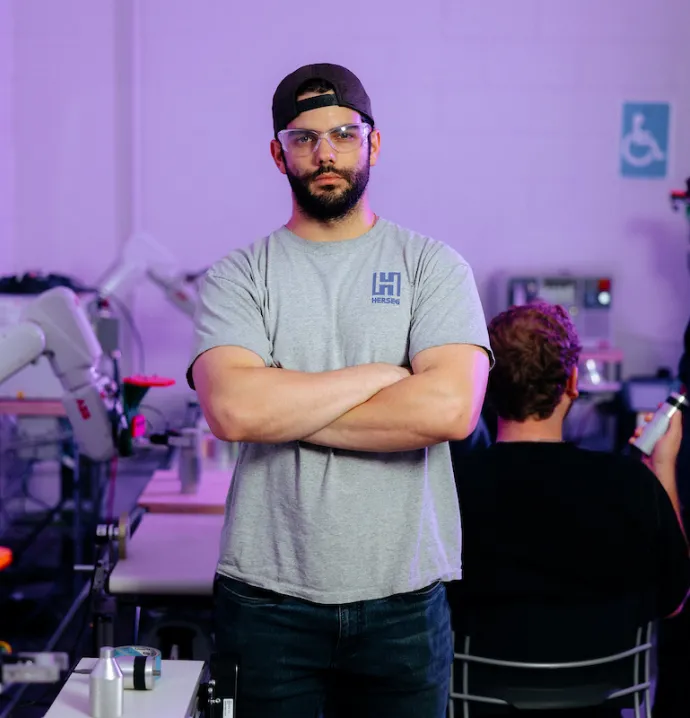What does an industrial engineer do?
What does an industrial engineer do?

If you’re looking into engineering programs and careers, one option to consider is becoming an industrial engineer. This is a fantastic choice! Here’s what you should know about what an industrial engineer does, how you can become one and more!
What does an industrial engineer do?
An industrial engineer makes things better. They help eliminate waste, look for cost savings and help processes run more smoothly and efficiently.
Industrial engineers use software tools to optimize processes. It’s common for them to spend some of their workday at a desk on a computer and the rest of the time on the production floor looking for any inefficiencies in the manufacturing processes. There’s a lot of brainstorming ideas for improvement, such as leveraging new technology or reconfiguring the floor layout.
Industrial engineers also often deal with some project management in their day-to-day work, ensuring that the solutions they’ve suggested are being implemented on time and that they are yielding results. They perform cost analysis and manage quality control. They also prepare reports for clients or management, updating them on how their projects are moving along.
How to become an industrial engineer
Several different bachelor’s degrees may lead you down a path to working in this profession. A few of the common industrial engineer degrees include industrial engineering, manufacturing engineering technology, automation engineering technology and mechanical engineering technology. When you’re looking into engineering programs, make sure you choose one that is accredited by the Accreditation Board for Engineering and Technology (ABET).
Why work as an industrial engineer
Industrial engineering is a great field to work in if you want ample high-paying job opportunities. Not only is the median pay more than $101,000, but the profession is also on track to grow 11% by 2034, which is much faster than average. Many industries hire industrial engineers — from finance to health care to manufacturing — so you will never have a shortage of job opportunities. If you would like to have diverse work experiences throughout your career, being an industrial engineer is a great way to make that happen.
Outside of the monetary benefits, there are many reasons why industrial engineers believe they have fulfilling careers. Industrial engineers are problem solvers with creative minds and a knack for efficiency. They are also difference-makers who can easily see the real-world impact their work has.
If you are looking for a profession that has a lot of opportunities for advancement, again, industrial engineering is a fantastic choice. Some industrial engineers rise the ranks to management positions and some become plant supervisors.

Browse industrial engineer degrees at UNI
Does industrial engineering sound like the kind of career you’d like to have someday? Start by earning your degree in engineering from the University of Northern Iowa. Our programs focus less on theory and more on doing, providing you with practical skills that pay off.
Whether you come to UNI as a freshman or a transfer student, you’ll be able to learn by working in the cutting-edge labs inside the newly renovated Applied Engineering Building. This will enhance your education and give you the confidence you need to succeed as an industrial engineer.
Check out our options for industrial engineer degrees and more by visiting degrees.uni.edu/engineering.
Real, relevant academic excellence for a world that expects future-ready graduates.
- 94% of UNI grads find success within six months of graduation.
- UNI engineering students get hands-on experience in cutting-edge labs right away.
- UNI offers Iowa’s only on-campus Metal Casting Center.
- UNI is ranked a top regional public university by U.S. News & World Report.




